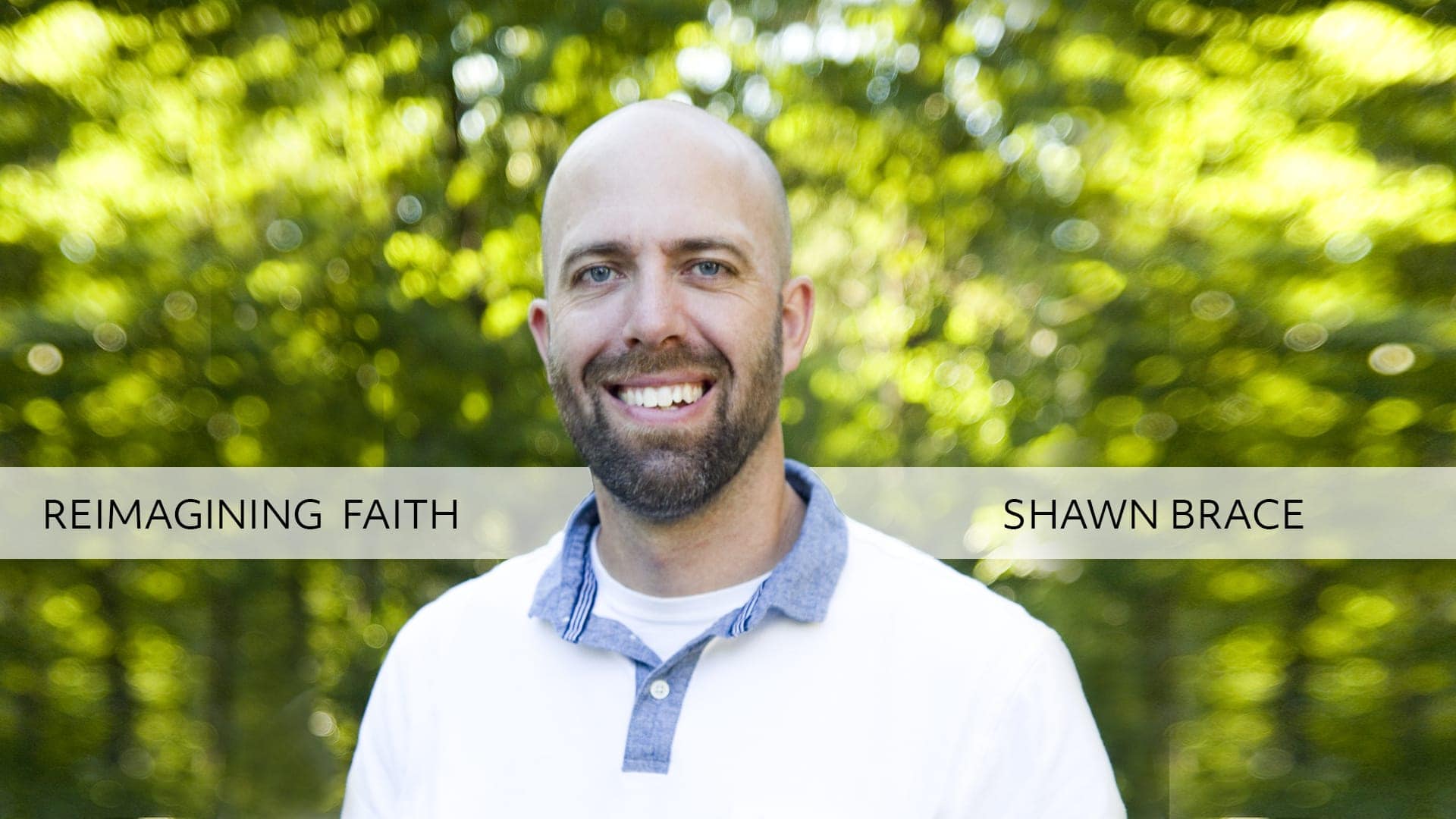
It’s perhaps the most staggering quote from Ellen White I’ve ever read. Tucked away toward the end of her chapter on the Sermon on the Mount in The Desire of Ages, she shares some sobering reflections on the destructiveness of truth if it doesn’t transform the character.
“The greatest deception of the human mind in Christ’s day,” she writes, “was that a mere assent to the truth constitutes righteousness.” With such a mindset, people had a “jealous regard for what is termed theological truth,” but possessed a “hatred for genuine truth as made manifest in life.”
Throughout religious history, she goes on to explain, “the darkest chapters . . . are burdened with the record of crimes by bigoted religionists.” Sadly, having a zealous commitment to “so-called orthodoxy” actually led these people to “crucify the Lord of glory.”
We see this reality today, she notes. “Many take it for granted that they are Christians,” she explains, “simply because they subscribe to certain theological tenets. But they have not brought the truth into practical life.” Such a combination is not merely unfortunate; it’s deadly and destructive. For, as she proposes in the climax, “Men may profess faith in the truth; but if it does not make them sincere, kind, patient, forbearing, heavenly-minded, it is a curse to its possessors, and through their influence it is a curse to the world.”1
Talk about an eyeful!
In other words, truth is a dangerous weapon in the hands of those who’ve not been transformed by it—people who aren’t “sincere, kind, patient, forbearing,” and “heavenly-minded.” And it would therefore be better to forgo sharing truth than to have it shared through insincere, unkind, impatient, and resentful instruments.
Indeed, the world is better off not hearing truth than hearing it from people who aren’t living the ways and love of Jesus.
We should focus as much on forming lovely characters as on figuring out ways to share the right information with people.
Such an idea is probably challenging to us Seventh-day Adventists who—rightfully—place a premium on proclaiming the truth. We eagerly disseminate, through print and proclamation, the teachings of Scripture that will prepare people to stand in the last days.
But truth, Ellen White says, must not only be proclaimed; it must be demonstrated. It must be lived out. It must take hold of our hearts and transform our characters, instilling in us the fruit of the Spirit and the loveliness of Christ.
Indeed, as my friend Ty Gibson has shared before: “Love is the defining characteristic that gives credibility to the church of God. . . . What we say is only as believable as what we do.”2 Anything short of this leaves truth literally unbelievable, in the worst sense of the term, and pushes people further away from God, rather than toward Him. So let us, by God’s grace, not only proclaim truth; let’s live it. Let’s give people reasons to believe through the conduct of our lives. Let’s truly show the “patience of the saints,” living as those who keep the commandments of God, not merely as those who proclaim them (Rev. 14:12).
1 Ellen G. White, The Desire of Ages (Mountain View, Calif.: Pacific Press Pub. Assn., 1898, 1940), pp. 309, 310.
2 https://www.instagram.com/p/B0Bhqw1jHQu/?igshid=
OGIzYTJhMTRmYQ==.